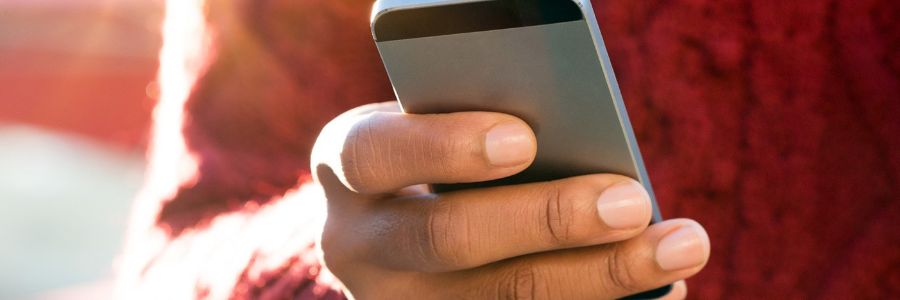A new mobile app for people living with HIV, Life4me+, is now available for free in 156 countries and in six languages—Armenian, English, Estonian, German, Russian and Ukrainian. The app was created by a German–Russian activist living with HIV and his team and aims to simplify medical information and treatment for people living with HIV in eastern Europe and central Asia and beyond.
The app was developed based on the experiences of its developers and HIV activists. For people living with HIV, the app works like a personal electronic patient card. It allows users to stay in touch with doctors online, saving and displaying test results, a calendar of blood tests and a prescription history, and sets up reminders about when to take medication and schedule appointments. There are also functions for recording weight, chest volume, blood pressure, disease history, HIV drug resistance, etc.
It has an interactive map that shows the location of medical centres and nongovernmental organizations supporting people living with HIV, daily HIV-related news and up-to-date information and popular scientific articles on HIV. A help button contains links to hotlines on HIV treatment and prevention and psychological and legal support for women, adolescents and drug users. Currently, the links to the hotlines are available only to people living in some countries in eastern Europe.
With the patient’s permission, doctors can monitor medicine intake and track adherence. The app has special provisions to protect anonymity and confidentiality. All the data are depersonalized, so there is no risk of a person being identified as living with HIV, even if a user’s phone or computer is used by someone else. Life4me+ can be downloaded from Google Play and the Apple App Store.
An updated version of the app will be released on 1 December, which will include functions aimed at preventing new HIV infections, hepatitis C and sexually transmitted infections such as syphilis and gonorrhoea, with automatic reminders to test for those diseases.
Original source: UNAIDS.
Posted on 30 October 2017

